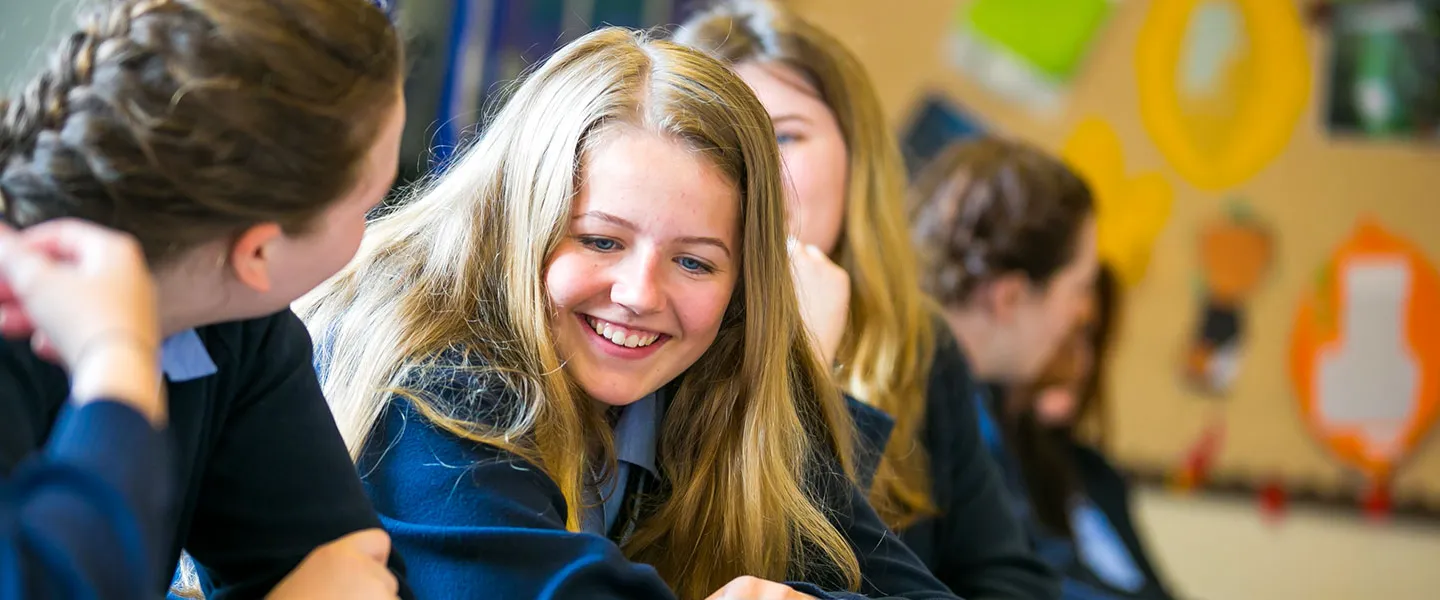Prepping You For GCSE History in Cheshire
Are you fascinated by past people, places, events, and cultures? Obtaining a history GCSE or A-level at The Queen’s School in Cheshire can open so many doors. History graduates seek many exciting career paths, ranging from archaeologists to teachers. Preparing for your history GCSE and A-level will give you practical research, critical thinking, and presentation skills highly sought after by employers. Many of our students continue their studies at degree level and even specialise in specific areas.
You can find History GCSE Past Papers at the bottom of this page.
What Is History? What Degrees Can Be Earned in History?
History is usually defined as the study of the past or the study of human development and society over time. Historians are similar to detectives. Their mission is to understand past cultures through clues and evidence they uncover. Why do people believe or value the things they do? Analysing the past gives you a better understanding of current beliefs, customs, and events. Historians seek to answer questions about humanity and close gaps in our shared pool of knowledge, so we can learn how the past affects our present and future. History can be a challenging degree to pursue academically, but it’s also a rewarding one valued by employers. The most common history degrees in the UK include Ancient and Modern History, History and Politics, Modern European Languages and History, and Economic History.
Gaining experience in the historical field may include anything from volunteering in local history groups to working in a museum, library, or academic setting. Assessments in historical studies may include standard coursework, essays, exams, oral presentations, and dissertations at the more advanced levels. History is mandatory for Years 7 to 9 at The Queen’s School. Getting a head start on your education in a respected programme is the key to success. Our curriculum focuses on many interesting subjects, including Early Elizabethan England, Crime & Punishment Throughout Time, and British America 1713-83. At A-level, our students study topics such as Early Modern British and Modern European History.
What Careers Benefit From a History Qualification?
Studying history can lead to diverse career paths. Many history students go on to pursue careers in government, politics, media, teaching, archives, museums, law enforcement, and even business. History graduates work everywhere, from the BBC to the British Museum, the National Archives, and the University of Cambridge. Successful careers for history graduates include:
- Historians
- Archivists
- Librarians
- Gallery or museum curators
- Journalists
- Lecturers
- Political analysts
- Archaeologists
- Genealogists
- Charity workers
- Conservators
- Academic researchers
- Events managers
- Business consultants
Who Loves History? Famous Influencers Through the Ages
Influencers aren’t limited to people with huge followings on TikTok or Instagram. An influencer can be anyone who had an impact on history. One might consider Queen Elizabeth I a 16th-century influencer. Arguably one of England’s most powerful and fascinating women of her time, she impacted everything from politics to beauty and fashion. Queen Victoria was likewise responsible for setting bridal trends long before Princess Diana or Kate Middleton. Influencers can also be famous or successful people who share a common thread.
Modern-day influencers who studied history include:
- Dianne Abbott
- Martha Stewart
- Sacha Baron Cohen (Ali G)
- Prince Charles
- Gordon Brown
- Joe Biden
- Louis Theroux
- Lucy Worsley
- Susannah Lipscomb
- Shakira
- Lauren Hill.
Tips for Helping You Study for History GCSE & A-Level Exams
Whether you’re preparing for your history GCSE or A-level exam, you’ll likely need to memorise many names, dates, places, events, and other historical facts. Here are a few study tips to remember:
- Flashcards can be useful, with one word written on one side and a definition on the other.
- Reading information aloud as you study or make notes can be beneficial. The human brain retains more details as you make more visual and acoustic connections. It’s also helpful to make outlines and study guides, highlighting key information from your coursework.
- Visual aids such as charts, maps, or timelines can help you make connections between events and people throughout history.
- Mnemonic devices are a fun way to help memorise facts. A mnemonic device is a technique used to recall specific details. One of the most common mnemonic devices is the use of acronyms. If you’re trying to remember the colours of the rainbow, you may use the acronym ROY G. BIV to remember them in order: Red, Orange, Yellow, Green, Blue, Indigo, and Violet.
Why Choose The Queen’s School for Your Daughter’s Education?
The Queen’s School is an independent institution of learning for girls aged 4-18. We teach our pupils to think independently, collaborate with others confidently, and aspire globally. Our alumni consist of influential women found in every field, including history. Contact us to learn more about our academics, extracurricular activities, or open events. If you’re considering The Queen’s School for your daughter’s education, you may register online for her to take our Entrance Assessment or Entrance Examination. Our main Entrance Assessments for the Lower School and Senior School occur in January, but mid-year entry assessments are also possible. We’d be happy to guide you through the admissions journey!
Here you can find History GCSE past papers:
GCSE History Past Papers:
Contact Us Today For More Information
Students who attend The Queen’s School in Cheshire can expect to have the development of their skills and knowledge facilitated to their highest potential. Pupils at our prestigious school can expect high-value education in a conducive environment. We will help you develop the proper skills, knowledge, and attitude to ensure your full potential is achieved. For further information about The Queen’s School or our biology classes, please contact us today. We’d be happy to answer any questions you may have.
